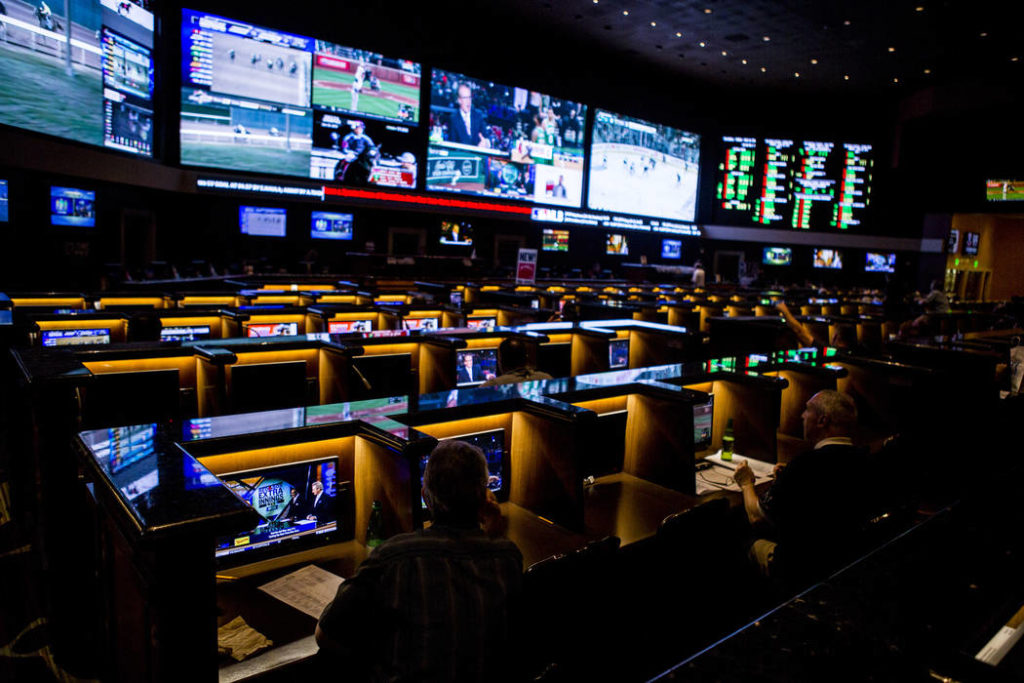People tend to believe that the bookmakers adjust their prices so that they get the same amount of money on both sides of a game, that way they would have their action balanced. The bookmaker’s gain is the vigorish he takes from the losing wagers, he wants to make sure that the amount of wagers on each side is the same (this is theoretically speaking). Actually, bookmakers try to maximize their bottom line. They make more money by accepting bets at odds that are “inflated” from those that are likely to happen. For example, if most of their customers are going to bet on a team regardless of the price, the price will be set as high as possible. There are even some bookmakers that offer different prices to different customers.
However, when a match offers a point spread, bookmakers should be careful of moving the line too much. In the 1979 Super Bowl, Pittsburgh and Dallas Cowboys played and bookmakers opened Pittsburgh at 3.5 point favorite, the line closed before kickoff at Pittsburgh -4.5. Pittsburgh won the game 35-31, enabling those who took the Steelers -3.5 and those who wagered on the Cowboys +4.5 to collect.
The line of a bookmaker can be influenced by one or several large wagers on a match. They pay attention to the bets that professional sports gamblers (known as “sharp” or “wiseguy”), make. Many bookmakers don’t take bets from people they think fall into this category, that’s why they use “beards” to place the bets for them. The groups of professionals that work together are called “syndicate” and they place large wagers with simultaneous books so the prices move quickly. These fast moves of the line are known as “steam”.
In 1961 The Federal Wire Act came out as an attempt to prevent illegal bookmaking.










